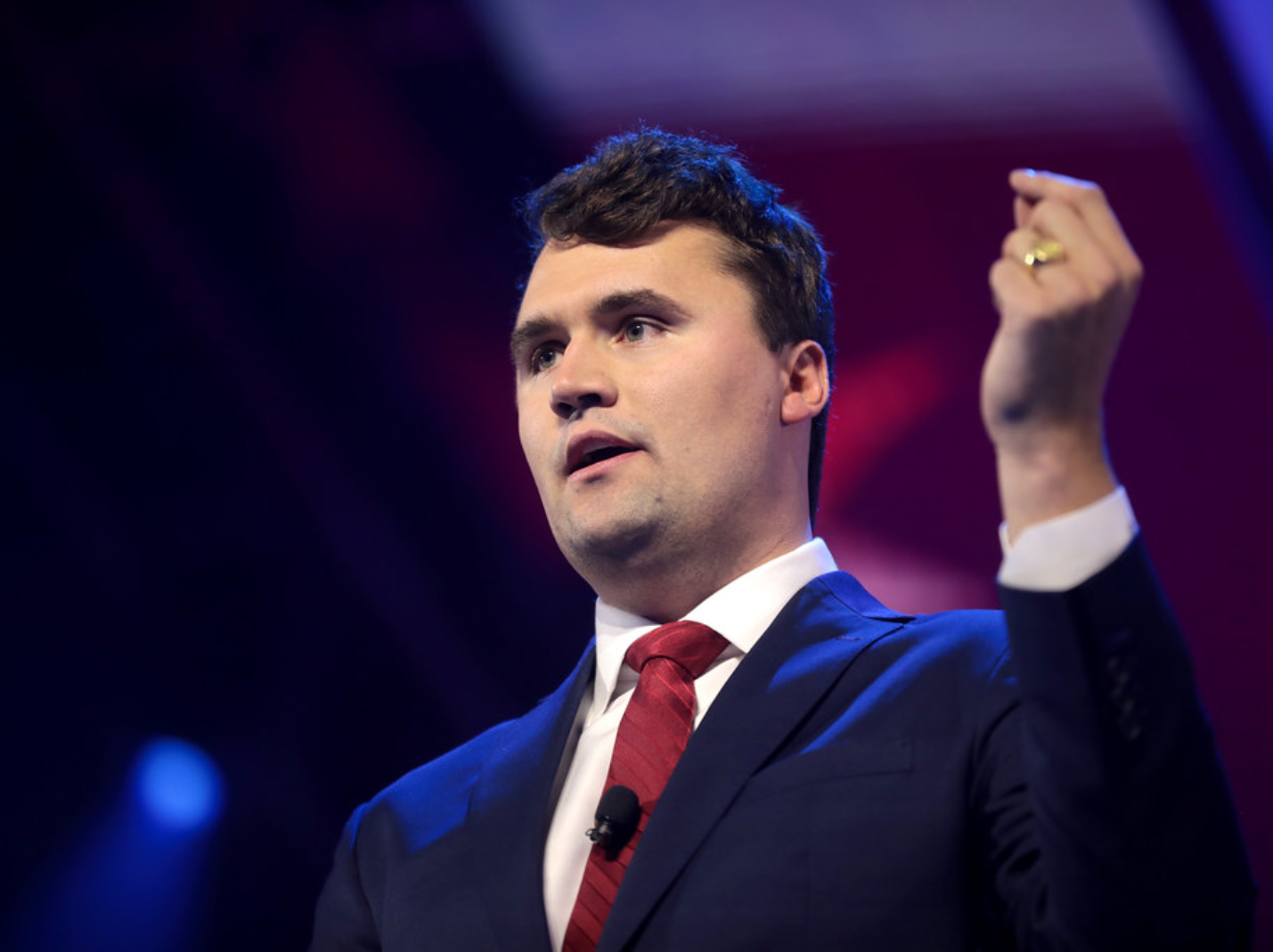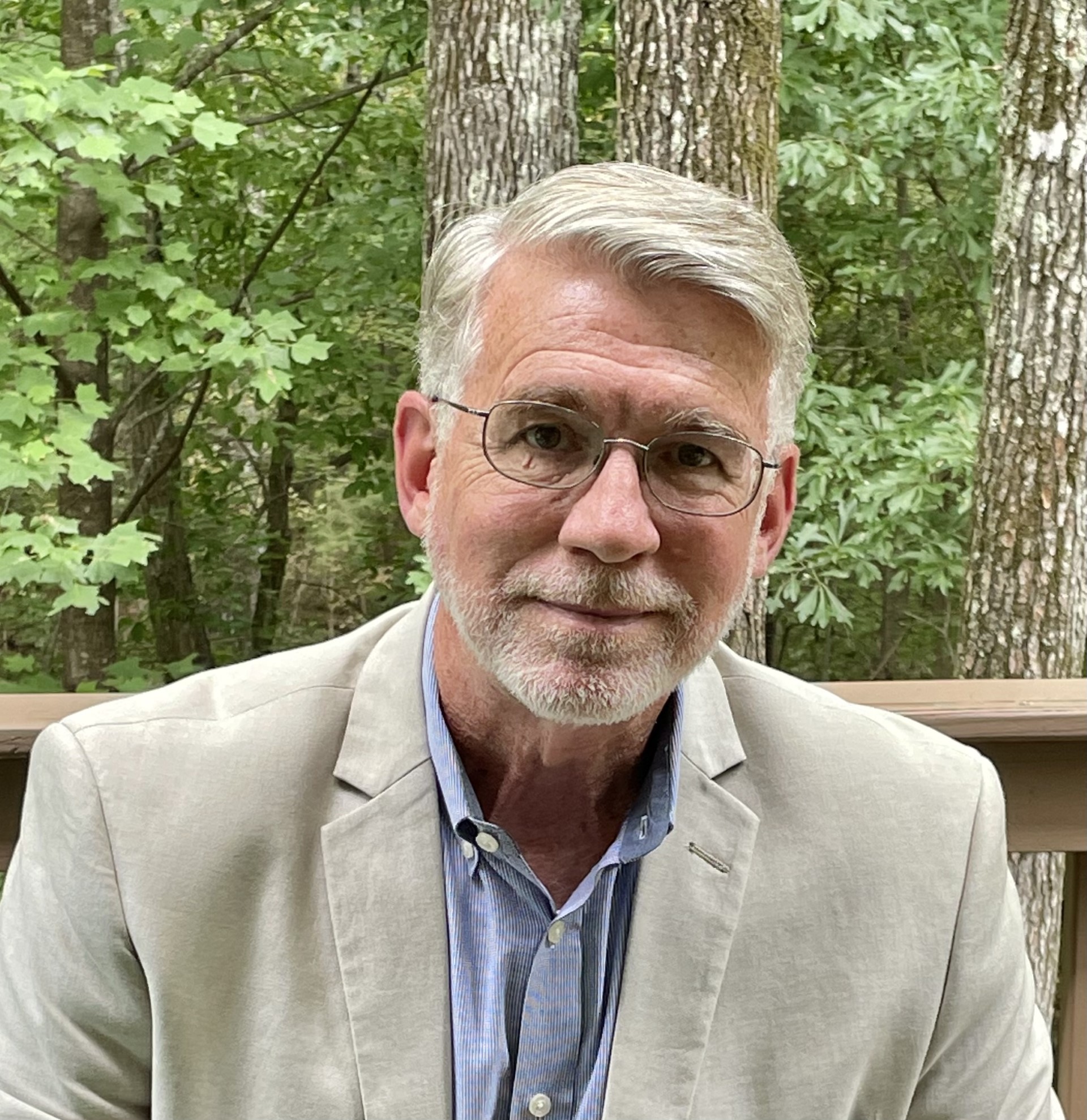
Shortly after the brutal murder of Charlie Kirk on a Utah college campus, one of my sons, who lived in France for several years, sent me a photo of a group of protestors holding placards that read, “Je suis Charlie.” Meaning, I am Charlie.
The photo was from January 2015, when Islamic terrorists murdered several people at the headquarters of Charlie Hebdo, after the magazine published cartoons depicting Mohammed. Yet, I found the image haunting, because it echoed my thoughts from the moment I found out Kirk had been assassinated: We are all Charlie now.
I never had the pleasure of meeting Charlie Kirk in person, though I would have loved to. But from what I saw of him in public, I developed a great admiration for the man. I would say that if you were going to pick someone to model your life after, Charlie would be an excellent choice.
Like most Christians, I believe Jesus Christ is our ultimate example, and we should strive to follow Him. But it’s also helpful, as we go through life, to find other good role models. I’ve been blessed with several, including my wife, my dad, my father-in-law, and my brother-in-law, along with some good friends. Trying to be more like them, though not easy, seems a little less daunting than trying to be like Jesus.
[RELATED: The Clarity of Tragedy]
I’m not attempting to beatify Charlie Kirk. He was just a man, and as such, I’m sure he had his own imperfections, as we all do. Nevertheless, I found much in him—or at least in his public persona—to emulate.
For one thing, Charlie was a happy warrior. I never saw him angry. Perhaps he got angry in private. I don’t know. But in public, even though he was routinely attacked and vilified during his campus events, he never lost his temper, far from it. He always had a smile, and not a mocking smile, either. You could tell he really liked people and wanted to help them. That’s one of the things that makes his death so tragic.
When I say Charlie was a “warrior,” I mean he was fighting for many things conservatives hold dear, but high on the list would be free speech. He not only believed in and cherished the ideal of free speech; he was convinced that it is vital to our continued existence as a nation. He said more than once that when people stop talking to each other, that’s when the violence begins.
So that’s what he did. He went right into the lion’s den, the one place in the country where free speech is most threatened today: college campuses. And there he did two key things: He spoke freely, saying what he believed without fear or apology, and he invited others to come to the mic and do the same. He was especially happy to listen and engage with people with whom he disagreed. That, he deeply believed, is the only way we’re going to win hearts and minds—something at which he excelled.
In the process of debating college students and even professors during his events, Charlie consistently displayed an encyclopedic knowledge. That is particularly impressive considering he was almost entirely self-taught. People who dismissed him because he didn’t have a college degree were completely missing the point—and were often embarrassed as a result. He could converse fluently on almost any topic, citing obscure facts and figures and arcane pieces of knowledge off the top of his head.
I once saw a clip of Charlie at one of his campus events, debating someone who brought up the Torah. Charlie told him, kindly, that he was confusing the Torah with the Talmud and asked if the guy knew the difference, which of course he did not. Charlie then went on to explain the difference in detail, leaving the guy completely flummoxed.
I have multiple degrees and consider myself pretty well read, and I didn’t know any of that.
Finally, contrary to the vile left-wing narrative, Charlie was always about love, not hate. All you have to do is watch his debates to see that he clearly loved young people and wanted what was best for them. He told “trans” people the truth—that neither he nor she could change his or her sex—not because he hated trans people but because he wanted to see them free and thriving, not enslaved to a self-destructive delusion.
[RELATED: Charlie Kirk Fought for an Education That Restores American Faith and Values]
Of course, for me, the problem with trying to emulate Charlie is that I lack his natural gifts. I’m not as articulate or quick on my feet, nor am I blessed with his charisma.
But some of you reading this probably do possess many of those same gifts. You might be able to persuade and change hearts and minds, as Charlie Kirk has—something the world desperately needs.
Meanwhile, the rest of us can and must emulate Charlie in our own inadequate ways, joyfully seeking to advance the cause of truth using whatever means we have at our disposal. As my friend Justin Hart recently wrote on Substack, when you try to kill a voice, you often end up creating a choir.
We are all Charlie now.
Image: “Charlie Kirk” by Gage Skidmore on Flickr

Charlie Kirk claimed to follow Christ but I’ve watched clips of him where he charged across the stage at people who disagreed with him. He talked over people. He said awful things things about people of color and LGBTQ people and their abilities and existence. He said he didn’t think women should vote- one vote per household and the woman should submit to the man/ his vote.
I think it’s horrible how he died. I know he wasn’t just one thing. I also think he did real harm during his life. I find his rhetoric harmful and bigoted and a misuse of faith in Christ. I cannot reconcile my experiences with Heavenly Father and Jesus Christ with his hateful rhetoric.
Mr. Kirk is a pawn in the message of God. None of the recent events was an accident. God is asking YOU to choose a side NOW. Do you choose to assume that your existence is a mathematically impossible fluke of chance, or will you accept the possibility that a divine creator has given you life, allowed you freewill, and truly wants you to make the choice to follow his commandments, love your neighbor as yourself, and repent of your sins to enter into the kingdom of heaven forever. The choice is YOURS. CHOICE = YOURS. Choose wisely, friend.
Oh, there was much said by Charlie that was not about love. Things about gays. Things about Jews. Try this from the Times of Israel:
https://blogs.timesofisrael.com/kirks-murder-cant-erase-his-antisemitism/
Not everything he said was hateful, but plenty was.
I was pretty indifferent to him. Now I am horrified by what happened to him.
I will be curious to understand what was going on in the head of that son of cop, Mormon raised, normal-looking 22 year old to did what he did.
Jonathan, this is beyond the pale — ever hear “don’t speak ill of the dead”?
Beyond that, the schmuck who wrote the article you cited is, well, a schmuck.
The sources are on the level of Der Stürmer, and I’m not even going to try to figure out what you are accusing a man who can’t defend himself OF…
And I again ask a simple question: Exactly what part of “Kill the Jews” do American Jews not understand?
Simply designating a statement as “anti-semitic” does not make it so. The Times of Israel makes no attempt at refuting Mr. Kirk’s statements, perhaps because it cannot.
Faint hope that we will have any idea of what was going on in the mind of the assassin any more than we have any idea of the young man who wounded Trump and murdered the man behind him. Or what was going on in the mind of the guy who shot down from above on all those people in Las Vegas. But even a chance of making sense of any of those three situations draws us to follow the investigations.
Speaking truth about the dead may violate the “not speaking ill of the dead” dictum, but truth is truth and not beyond the pale at all.
Thank you for this excellent article. You put to words a lot of what I’ve been thinking and feeling.
Brilliant, as ever. Thank you.